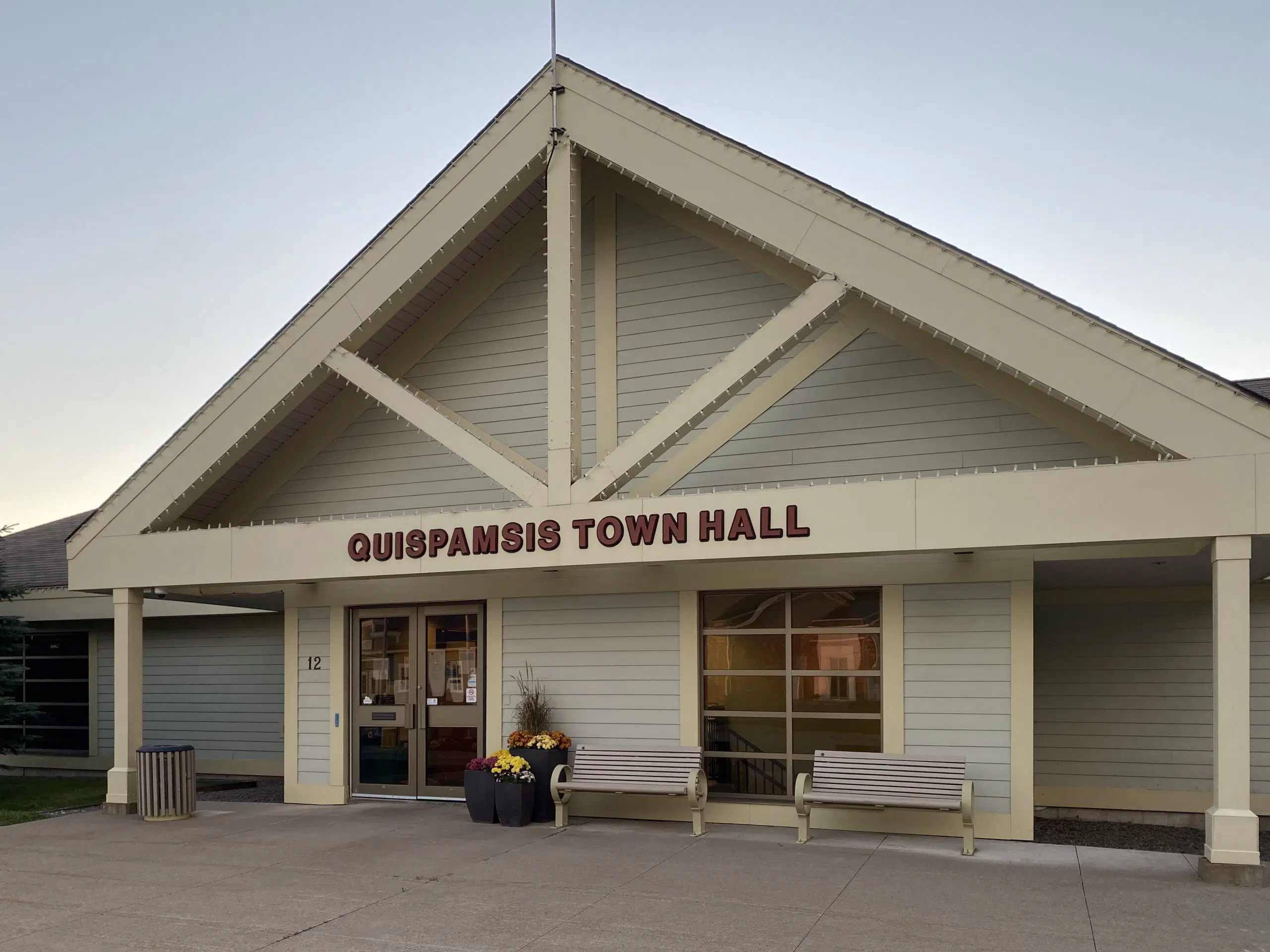Quispamsis residents looking to have hobby beehives on their property may soon face new regulations.
The town is proposing a series of changes to its zoning bylaw to regulate backyard beekeeping.
Council requested the changes last spring after two residents complained about bee droppings on their property.
Jocelyn Smith and Joni Moore said bee droppings have taken over their property on Cedar Grove Drive.
“It really lands on everything,” Smith said of the droppings. “I’ve had it on my face, in my hair, on my clothes, siding, windows, doors. Anything you can think of that’s in our yard has bee poop on it.”
The yellow globs, which range from circular to linear in shape, are sticky and difficult to remove from surfaces, she said.
The issue, Smith said, appeared to stem from a nearby property on Pettingill Road that has several backyard beehives.
Smith and Moore said they are not against bees, but the quantity of them seems to be the contributing factor to the problems they are experiencing.
“I would ask that we need, as a community, some kind of regulation on this kind of agriculture, especially in our residential areas,” said Smith.
Town staff recommend that hobby beekeeping in residential zones be restricted to single or two-family dwelling (R1) and rural (Ru) zones.
Only two beehives would be allowed per lot in a residential zone (R1) and four beehives in a rural (Ru) zone. The maximum number of hives for all other zones would be at the discretion of the planning advisory committee.
The lot would have to be at least 1,140 square metres and all beehives would have to be at least three metres from any rear and side yard lot lines.
A continuous source of water containing crushed rock such as limestone and/or saline would have to be made available to the bees so they can cleanse when they leave the hive.
Any person who keeps bees would have to be registered with the provincial apiarist, provide proof of completion or enrollment in a beekeeping mentorship program, and provide proof of liability insurance.
Gary Losier, the town’s director of engineering and works, told council last August that about a dozen properties in the town currently have beehives, with some containing as many as 40 of them.
Losier noted at the time that existing property owners are typically grandfathered in any time new bylaws come into place.
However, the town’s acting chief administrative officer said the intent of the bylaw amendment is to require a permit for all beekeepers with no grandfathering.
“We will work with our existing beekeepers throughout the process,” Aaron Kennedy said in an email Thursday afternoon.
A public hearing has been scheduled for May 17 at 7 p.m.
Editor’s note: The story has been updated to clarify that proposed bylaw amendment would require a permit for all beekeepers with no grandfathering.




